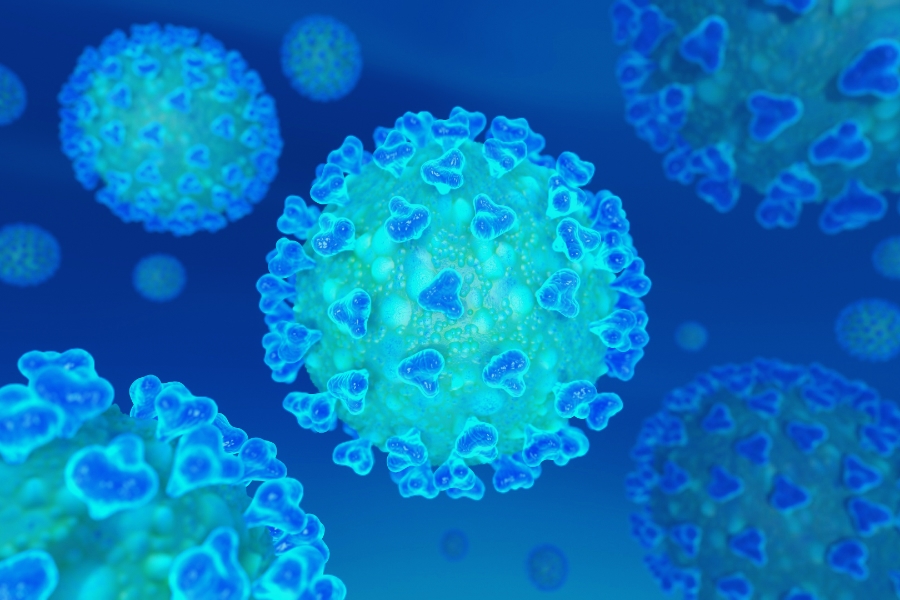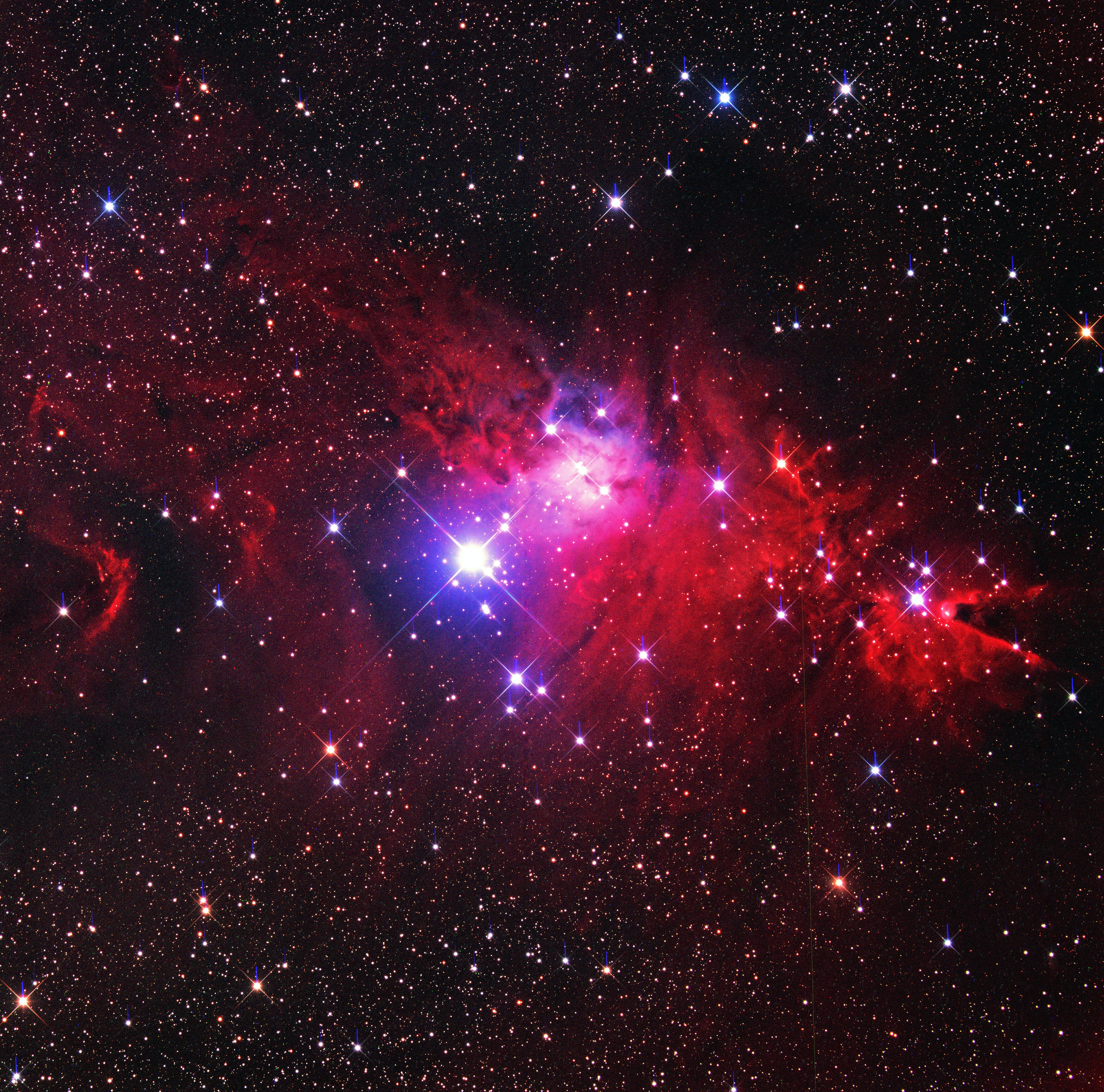Legal & Real Estate
Home, Garden & Decoration
Global Topics
Inside Ibiza
Health & Wellness
Ibiza Optimista
Published in Ibicasa Magazine on 15/06/2023

Of course the downside is that millions of people could lose their jobs in just about every area of society. Manufacturing, retail and clerical jobs would be among the most affected. There is also danger in AI’s ability to collect and analyse vast amounts of personal data. This has the potential to violate privacy and endanger personal security (passwords etc.). Another possible problem is that relying too much on AI systems in all areas of life will make humans overly dependent on technology. They will then be helpless when a system fails or is compromised. In addition, AI systems can be created with a bias. This could lead to unfair treatment for certain groups of people, particularly in areas such as criminal justice and hiring practices.

These last two paragraphs were written by ChatGPT when I asked it to assess the positives and negatives of AI... and it wrote the answer in just 10 seconds! That’s pretty impressive, particularly when you realize that new chatbots which are even more comprehensive are coming out every month. Let’s take a closer look at how artificial intelligence has developed and where it could be going. Most people are familiar with earlier versions of AI that are relatively simple and devoted to one task. A Google search uses AI to find information on the internet. Google Maps goes a step further by coordinating location data from smartphones with other information to choose your route for driving. Personal assistants like Siri, Alexa and Cortana use language processing to receive instructions or search for online information.

AI is rapidly becoming More Complex and More Independent
ChatGPT is an example of a more complex type of AI called a “neural network”. It’s a mathematical system that learns skills by analyzing and remembering data. Chatbots are created by exposing them to enormous amounts of digital text including books, news articles and other information selected from the internet. They absorb literally billions of writing patterns, and this teaches them how to gener- ate their own text. Selfdriving cars are another example of a deep learning neural network. They learn how to detect objects around them, determine their distance from other cars, identify traffic signals, etc.. (As a side note: I am extremely sceptical about the safety of cars driven by robot computers – but that is a discussion for a future article.) A computer program called MuZero takes deep learning to a new level of awareness. It has managed to master games that it has not even been taught to play, including chess and an entire suite of Atari games. It learns through brute force by playing the games millions of times over and over.

AI systems are evolving to new levels of sophistication, and experts are warning us about the inherent dangers that come with this “progress”. Dr Geoffrey Hinton is known as “the godfather of AI”, and yet even he has expressed grave concerns saying, “It is hard to see how you can prevent bad people from using AI for bad things.” One “bad thing” that has already begun to surface is the use of AI to create “deep fake” videos of people, places and events. These look incredibly real and they are being used to spread false information. But that’s just the tip of the ice berg. GPT4 is the latest version of ChatGPT, and the system was tested before its release to see if it could be used for dangerous purposes. They found that it was easily convinced to give negative information: how to buy illegal fire arms online; ways to make harm ful substances from household items; and writing Facebook posts to convince women that abortions are unsafe. This AI system was also clever enough to defeat the “Captcha” test, which is widely used to identify bots online.

So what can be done to ensure the safety of AI? The European Union is considering a law to regulate AI technologies that might create harm, including facial recognition systems. It would require companies to conduct risk assessments of AI technologies to determine how their applications could affect health, safety and individual rights. This seems a bit vague, and as of this writing the law has not yet been passed.
There is also serious concern coming from within the tech world. More than 1,000 technology leaders and researchers, including Elon Musk, have published an open letter that urges artificial intelligence labs to pause working on the most advanced systems. “Development of powerful AI systems should advance only once we are confident that their effects will be positive and their risks manageable.” They warn that, “AI developers are locked in an out of control race to develop and deploy ever more powerful digital minds that no one –not even their creators– can understand, predict or reliably control. This presents a profound risk to society and humanity.”

Their fears go far beyond problems like deep fakes or facial recognition. The Holy Grail for many AI researchers is the creation of a machine that is self-aware, and has broad-based intelligence that can be applied to any task. It’s called artificial general intelligence, and the ultimate result could be dominating robots like the ones we have seen in numerous science fiction books and movies: The Matrix, West- world, Star Trek, etc., etc.. At this point it seems that our technology is not close to that level, but what will the future hold? Will AI be a wonderful tool that makes our lives more interesting and productive, or will we become slaves to our robot masters?
Related Articles

Reflections on Covid-19
The Covid-19 pandemic unfolded gradually, with initial perceptions of minimal threat evolving into a global crisis. Questions surround the virus's origin, with speculation ... READ MORE
The Covid-19 pandemic unfolded gradually, with initial perceptions of minimal threat evolving into a global crisis. Questions surround the virus's origin, with speculation about a laboratory connection. Governments, facing unprecedented challenges, implemented varying degrees of lockdown. The res... READ MORE

The Mystery of Creation
How did the universe begin? While science points to the Big Bang, is it plausible that everything emerged randomly from a speck of matter? Integrating traditional beliefs i... READ MORE
How did the universe begin? While science points to the Big Bang, is it plausible that everything emerged randomly from a speck of matter? Integrating traditional beliefs in a deity with the materialistic scientific perspective may offer a more complete understanding. Some propose consciousness p... READ MORE

CO-HOUSING: A New Way of Living
In response to the fast-paced world, co-housing communities offer an alternative approach. Independent residents collaborate in designing and operating sustainable neighbor... READ MORE
In response to the fast-paced world, co-housing communities offer an alternative approach. Independent residents collaborate in designing and operating sustainable neighborhoods, promoting shared values and harmonious living. Originating in Denmark in the '60s, this concept has seen a recent resu... READ MORE

MUHAMMAD ALI: 1942-2016
READ MORE
READ MORE
© Copyright 2024
Ibicasa Home and Services.